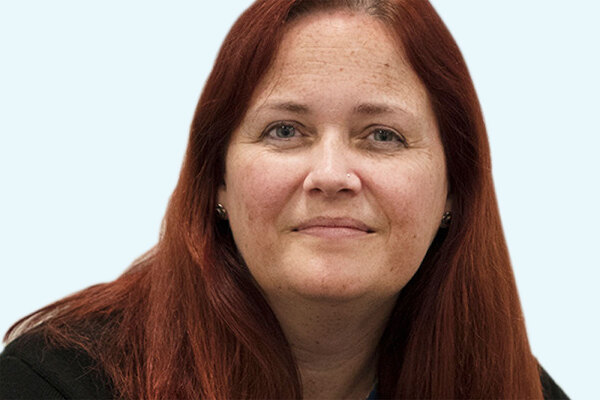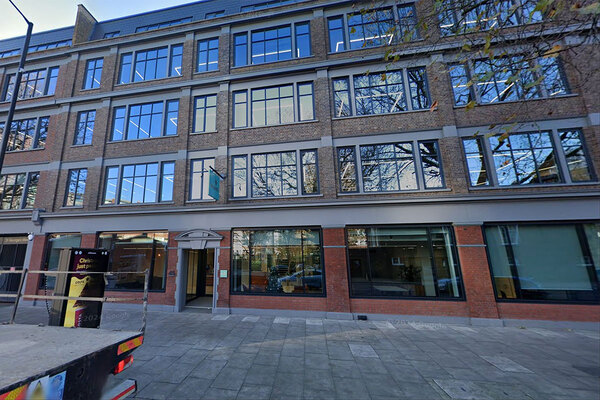You are viewing 1 of your 1 free articles
Accounts for newly merged Swan reveal £130m deficit after huge impairment from problem schemes
Troubled Essex-based housing association Swan recorded a £130.8m deficit in its last full-year as an independent business, after it booked huge impairment losses caused by problems on six major development schemes.
The 11,000-home landlord, which today became a subsidiary of Sanctuary after a rescue merger, revealed a group impairment of £186.5m in the year to the end of March 2022.
The accounts, published today, had been delayed for months, which led to issues with lenders as failure to publish accounts constitutes a breach of the loan agreement.
Swan’s problems have centred on its development projects at Beechwood, Laindon, Watts Grove, Blackhorse Yard, Exmouth and Purfleet.
In the accounts, Swan said it had encountered “significant challenges” during the year in its commercial operations, “largely as the result of investment decisions implemented by the previous management of the business”.
It added: “At a subsidiary level, these challenges have led to cost overruns, delays to works and thus sales have been slower to materialise.”
Swan’s debt increased as a result of loans to its subsidiaries, it said.
Most of the association’s development schemes were handled by its subsidiary, Swan Commercial Services, which operated its modular housing facilities and built homes for another subsidiary, Swan New Homes.
“This meant that all the commercial risk involved in constructing these homes was held by the Swan Group rather than passed to contractors as is more common in the sector,” the accounts said.
Swan also booked a £16.6m impairment on its second modular factory, where it signed a 15-year lease in 2020 but is being decommissioned, along with its other modular factory.
However, it said a “full estimate” of discontinuing its modular operations – a decision that was taken in December, so outside the reporting period for these accounts – cannot yet be made.
Swan also reported a sharp drop in turnover in its last financial year. Revenue fell 43% to £108m as sales of homes, including shared ownership, slid 64% to £39.7m.
The landlord pointed to sales on two sites, but said due to cost increases, caused by completion delays and the pandemic, no profit had been made.
Writing in the accounts, chair Pat Billingham, who was appointed in October 2021, acknowledged it had been a “difficult and challenging year” for Swan.
She said the downgrade to a non-compliant G3/V3 by the regulator in December 2021 had a “major impact” and forced it to consider the value of its assets.
However, she added: “It is clear that there have been serious failures of internal controls and governance oversight relating to business planning, risk, control and assurance and the effective management of those issues leading to the current position.”
Ms Bellingham also said the landlord had “gained some understanding” of how it had got to the present situation as it “worked through the solutions” and taken “immediate remedial corrective action to manage risks and secure the future”.
Swan has been in “close dialogue” with the Regulator of Social Housing, Homes England, the Greater London Authority and other key stakeholders, including its lenders and local authority partners, she added.
Swan said that following a detailed strategic review, it is refocusing on “core operations and core development schemes moving forward”.
The landlord also breached the Home Standard in May last year after it was found to have around 1,500 overdue fire safety remedial actions. Swan said it has a “robust improvement plan” in place to “remedy these shortcomings”.
Sign up for our development and finance newsletter
Already have an account? Click here to manage your newsletters
Sign up to the Social Housing Finance Conference 2023
Join us at the Social Housing Finance Conference, recognised as the longest-standing UK-wide, one-day event of its kind. It brings together over 350 sector leaders, and senior finance and treasury professionals from housing associations and local authorities to discuss the strategic, operational and technical finance matters of most importance.
Click here to find out more and book your delegate pass.













